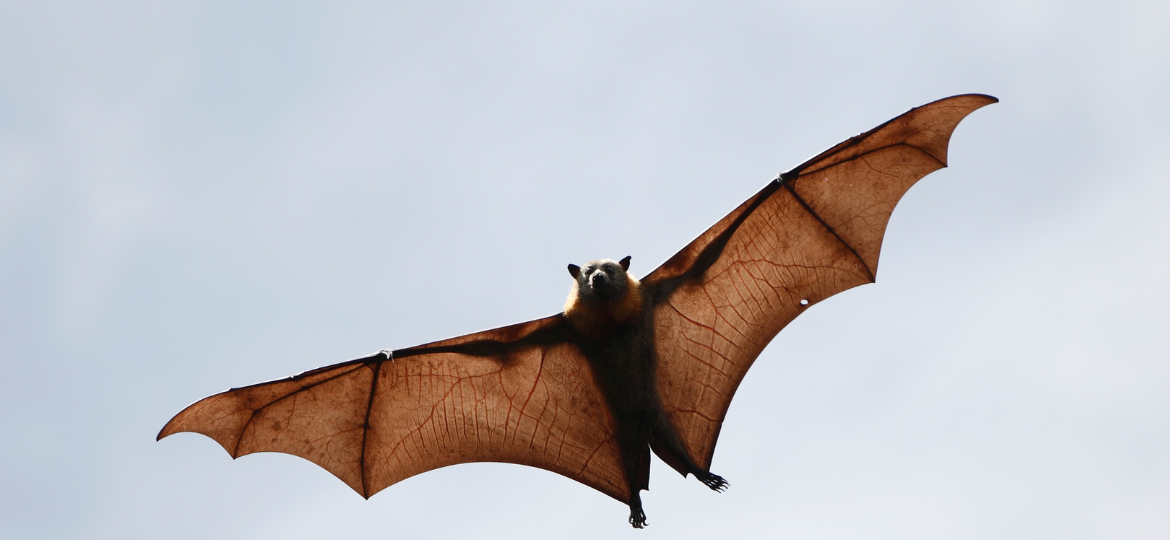When you visit our website, it may store information through your browser from specific services, usually in form of cookies. Here you can change your privacy preferences. Please note that blocking some types of cookies may impact your experience on our website and the services we offer.
Privacy Policy
You have read and agreed to our privacy policy


McCrae says the NIPP has been ‘critical’ to the success of his project. ‘Our fieldwork is very intensive and requires purchasing expensive specialised equipment, such as radio-transmitters to track down bat roosts, so the project would not be able to go ahead without the NIPP support. After a successful first data collection season, we are now in the process of analysing our data. The costs associated with analysing our genetic data are substantial, so this is another component of the project that has been enabled by NIPP funding.’
Read more: http://srkr.io/6041KY7